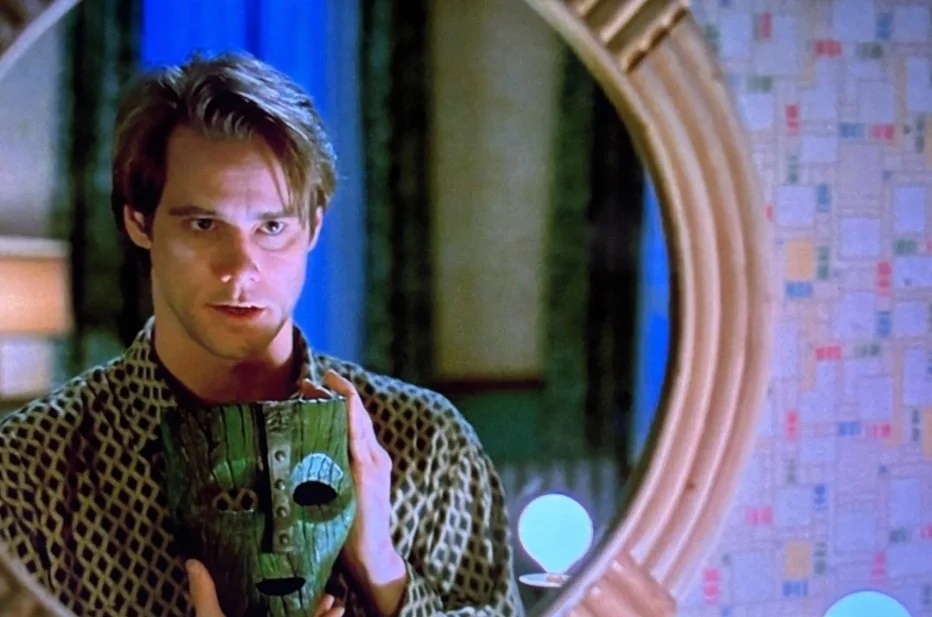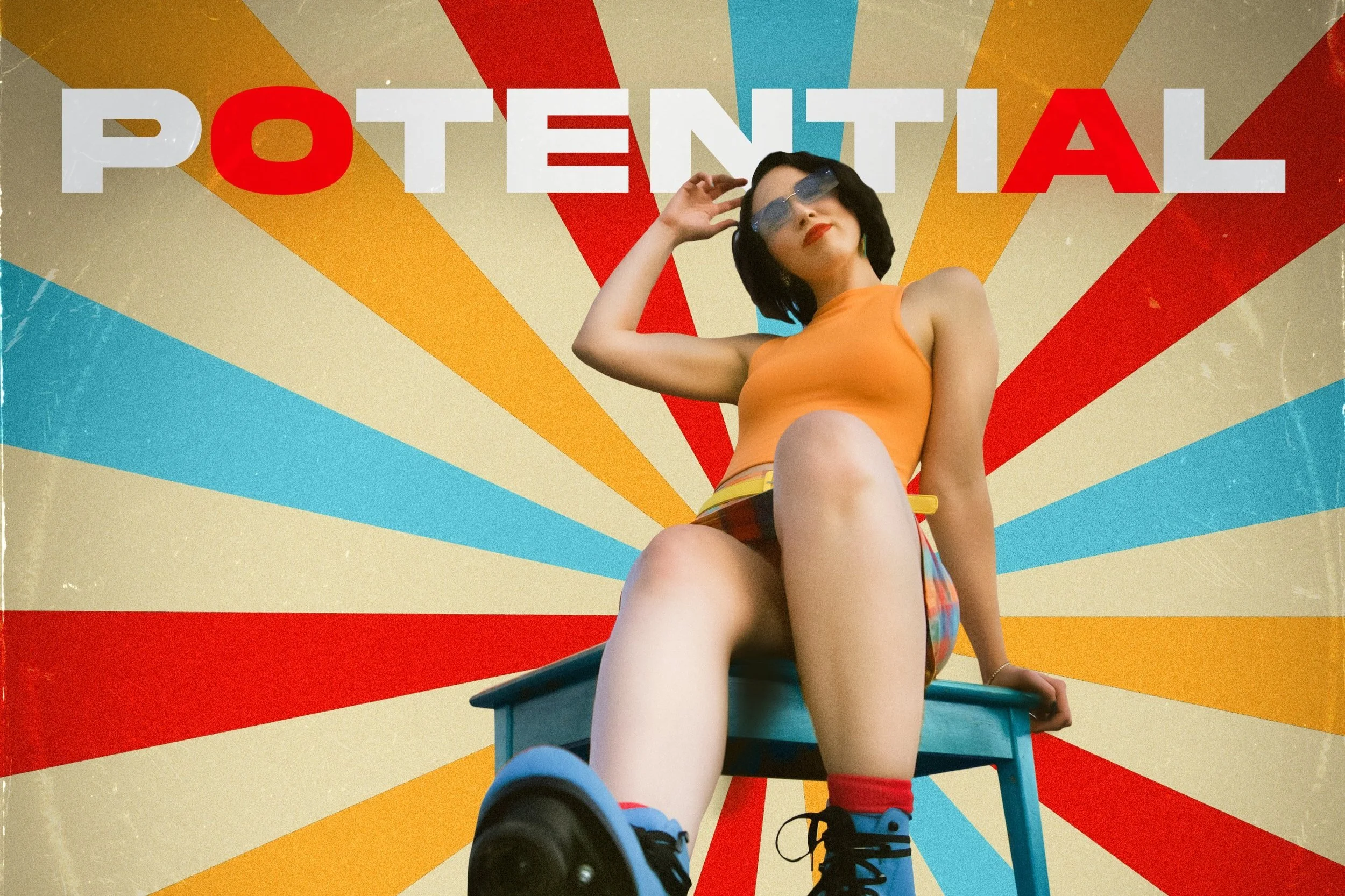It's a recent discovery that I LOVE hosting and connecting people with each other. I don't care so much that people would come to see ME...I LOVE helping people connect deeply with themselves and others.
Given that the vast majority of my life as an Enneagram 4, I struggled with feeling like I'm always on the outside looking in, this is quite the plot twist.
The main reason why I was able to make this internal shift was realizing what my default relationship model was that was getting me into trouble a whole lot of the time.
Before I explain the different relationship habits of Enneagram instincts, here's a question for you:
If an image or object illustrates what relationship model you have, what would it be?
Here are at least 10 different options (pick 1-2 that most stand out!):
Hub & Spokes - this was my default!
You have many 1:1 relationships with others, but don't like when those "spokes" connect with each other directly. You often find yourself controlling/being triangulated in other people's relationship with each other. Each relationship is individual - everyone is so different, hence each relationship is so different, hence there really isn't any basis of comparison between one person and the next.
Silos/Towers
You compartmentalize each arena of your life. Each of these silos operate independently of each other. What happens (positively/negatively) in one arena doesn't have any impact on another.
Concentric Circles - Spouse's Default
You have "tiers" of people who have the same kind of access to you depending on what "level" they're in. There's not a whole lot of focus on individuals within each tier, just the tiers themselves. You also want people within each tier to get to know each other so that no one is left out (interacting with 2+ people across tiers feels weird so you go with the lowest common denominator). You tend to take on a "role" in these tiers and stand out more than being a belonging member.
Spiderweb - Work Wife's Default
The opposite of Hub & Spokes; you like the interconnection between different relationships (and often like being the one to connect someone from one area of your life with another elsewhere). There is more fluid movement between your relationships. Still, you prefer that two of your people don't get closer to each other than they are to you.
Dumbbell
You (overly) attach to ONE person and to NO ONE ELSE. This chosen person is your EVERYTHING. You also expect for them to see you the same way. Often, there is way too much pressure put on the other party. This is often the source of conflict, which gets the person to sometimes double down on the overexclusive reliance on the partner until maybe the relationship falls apart.
Electrons
Your connections with people are fleeting and ever-changing. There's a lot of energy and excitement, but not enough stability and consistency. It's super fun and engaging, but hard to sustain. It's hard to tell who's close to you because of the shifting connections. Everyone comes and goes, and there's not a whole lot of attachment to any particular person.
Fortress
Everyone is seen as a threat, invader, or enemy - no one is exempt. Relationships are barely existent except as a trade agreement (give-to-get) - whatever connections do exist tend to be incredibly utilitarian or transactional. Other people need to repeatedly demonstrate that they're trustworthy, but one strike/they're out.
Fog
It's hard to tell what connections are because it's not clear where you begin and the other person ends. There's little to no definition in the relationship -- are you close? not? Together? not? Exclusive? not? There's not a lot of movement that happens in these relationships because there's a lack of substance or definition. There's just floating...forever.
Host/Parasite
One person (the host) carries the majority/entirety of the relationship responsibilities, and the other is a moocher (the parasite) that sucks the host dry (after which, they just find another prey).
The host doesn't value oneself much and allows the parasite to exploit them because the former doesn't know a life without parasites - it's so unfamiliar that a parasite-free life seems scary...
When the host does try to knock off the parasite, the parasite fights back even harder (for them it feels like life-or-death) until the host just gives up and submits. In order for this relationship to "die", the host needs an entire transformation of their life circumstances and environment - once rid of pests, they cannot go back to old habits lest they be reinfested.
Symbiotic/Interdependent
Unlike the one-sided parasitic relationship, symbiotic relationships are ones that are mutually beneficial. Each party has their own strength that covers for another's weakness. They're DIFFERENT but EQUAL - neither is inherently good or bad. They can coexist without any competition or comparison - there is room for both of their needs.
In true interdependence, you recognize that some needs are meant to be met by you, some by others, some by either, and some by both. There's flexibility in meeting your needs - if for some reason the other person isn't available, you can still find some ways to get your needs met. Consequently, there's not a lot of pressure buildup in one specific relationship, and there's an opening up to other options.
Which of the ten do you resonate with? Would you add any?
Why do you suppose you gravitate to this model? What BENEFIT do you get? How does it LIMIT/COST you?
What's one thing you can do to soften your default option? What other models seem within your stretch zone so that you have more options?
The Relationship Habits of Dominant Instincts
Each of the human survival instincts - Self-preservation (SP), Social (SO), and Sexual (SX) - have their respective bias towards certain relationship habits.
This is what it looks like when each instinct is DOMINANT (i.e., it's showing up WAY MORE than it's supposed to and needs to be DIALED BACK):
Self-Preservation (SP) dominant instinct
Themes: safety, security, control, predictability, order
More guarded, rigid, controlling
Hard for other people to read and/or connect with
More connected to oneself than to others
Favorite models: Hub & Spokes, Silos/Towers, Fortress, Fog, Parasite
Social (SO) dominant instinct
Themes: status, image, influence, power, privilege, hierarchy, belonging
More diffuse, no single person is "it"
Close to the group as a whole but not to individuals; breadth > depth
More connected to the group's needs than to one's own interests/needs
Favorite models: Concentric Circles, Spiderweb, Electrons, Fog, Host
Sexual (SX) dominant instinct
Themes: chosenness, specialness, intensity, exclusivity, intimacy, passion, competition, rivalry, dominion
Depth/intensity trumps everything else
Underly AND overly boundaried - fused/merged with chosen others, excluding everyone else
Rivalry/competition, being the special "-est" one (best, prettiest, smartest, richest, wealthiest, etc.)
More connected to chosen others than to self - lose oneself in the other
Favorite models: Hub & Spokes, Silos, Spiderweb, Dumbbell, Parasite/Host
TAME the Dominant Instinct,
NURTURE the Repressed
Don't know if you noticed...none of the dominant instincts lists Relationship Model #10 (Symbiotic/Interdependent). This is because this model happens when all three instincts (Self-pres, Social, and Sexual) are in BALANCE and HARMONY with each other. There is a balance between self (Self-pres) and others (Social / Sexual).
There's also flexibility and fluidity in shifting between meeting your needs by yourself (Self-preservation), from others in general or groups (Social), or from chosen others (Sexual).
There's a ton of LIFE-GIVING things that happen when our instincts are in balance/harmony, a shit ton of CHAOS that happens when they're out of alignment.
The dominant instinct is one that goes on OVERDRIVE and needs to be TAMED. If your dominant instinct is any of these, these patterns need to be reined in (partially by trying out models that are less familiar).
If any of these instincts are your REPRESSED (i.e., you UNDERLY summon this side of you), you actually need to do these experiences MORE so that you're more balanced (you might be out of alignment right now). Whichever instinct (SP, SO, or SX) you have a visceral *throw up* or judgmental reaction to -- that's your growth edge.
(Part of the reason you might be intensely judgmental towards other people *might* be because this is in your shadow and you're PROJECTING. Maybe they're good at what you abhor. The solution is for you to do what THOSE PEOPLE do ON PURPOSE.)
The Crucible for Growth
For better and for worse, the people who are in your vicinity will challenge your relationship model, especially when you hold a pattern that functions exactly in the opposite way as theirs.
My default pattern used to be Hubs & Spokes, until I just butted heads so often with my spouse (Concentric Circles) + work wife (Spiderweb) that I learned to do what they do and vice versa.
We three are better for this expansion of models, since it's like we each learned another language or two on top of our native tongue. Life is smoother, there's less reactivity all around, and there's more time nurturing our connection with ourselves and each other.
The people closest to you might drive you crazy, but it might not be THEM that's causing troubles for you. They may just be revealing YOUR growth edge. How do you know? Try doing what they do on purpose, then see what new riches you gain from growing beyond your autopilot and gaining access to life that was once unfathomable to you.
Next Steps for True Interdependence
What is ONE thing you will do this week regarding your relationships to either:
Dial back the dominant instinct (do LESS)?
Summon the repressed instinct (do MORE)?
What are the emotional habits of your Enneagram type?
Grab this free guide that highlights the patterns that keep you stuck and the next steps to grow beyond your type!
Don't know your Enneagram type? Find yours here!
© Copyright 2023 Joanne B. Kim. All rights reserved.
JOANNE B. KIM, LMFT
Joanne is a Licensed Marriage & Family Therapist and Certified Brainspotting Practitioner in San Jose, CA. She helps people EXHAUSTED by anxiety, shame, and an allergic reaction to anger create VIBRANT relationships where they matter, too.
Many of her clients are:
(1) the highly responsible, conscientious, and empathic types
(2) Enneagram Type Ones, Twos, Fours, or Nines
(3) Highly Sensitive Persons (HSPs)
The most common words spoken by those who’ve sat with Joanne:
“I thought it was just me. I’m NOT crazy!”
“I can finally figure out what to do with all these feelings!”









































In a conversation with Catherine Quiring of the Coming Home to Ourselves Substack, we explore the Enneagram through the lens of the show Ted Lasso, going into the importance of emotional intelligence, the role of instincts & subtypes in the Enneagram, and how these concepts can help individuals navigate their personal growth and relationships.